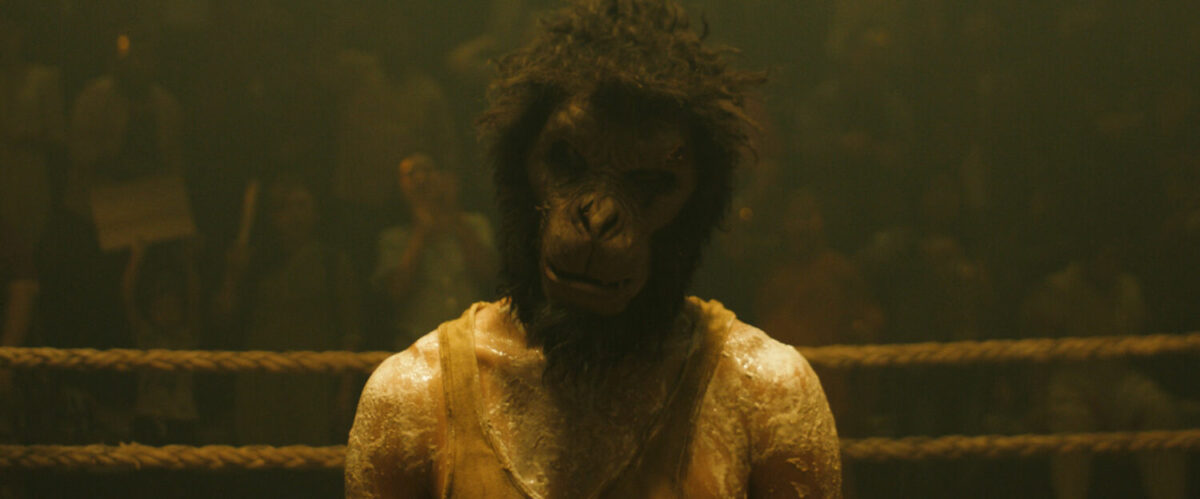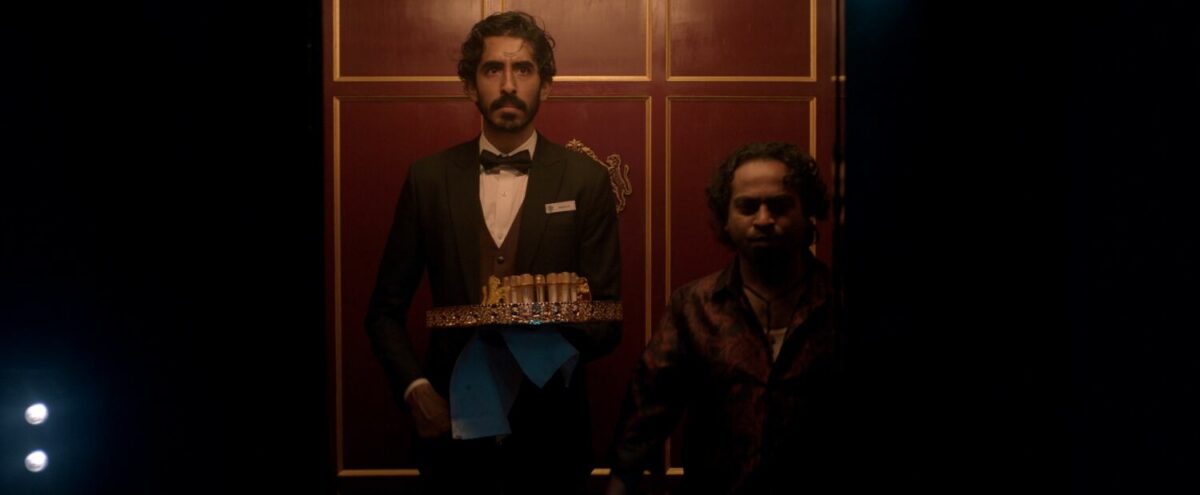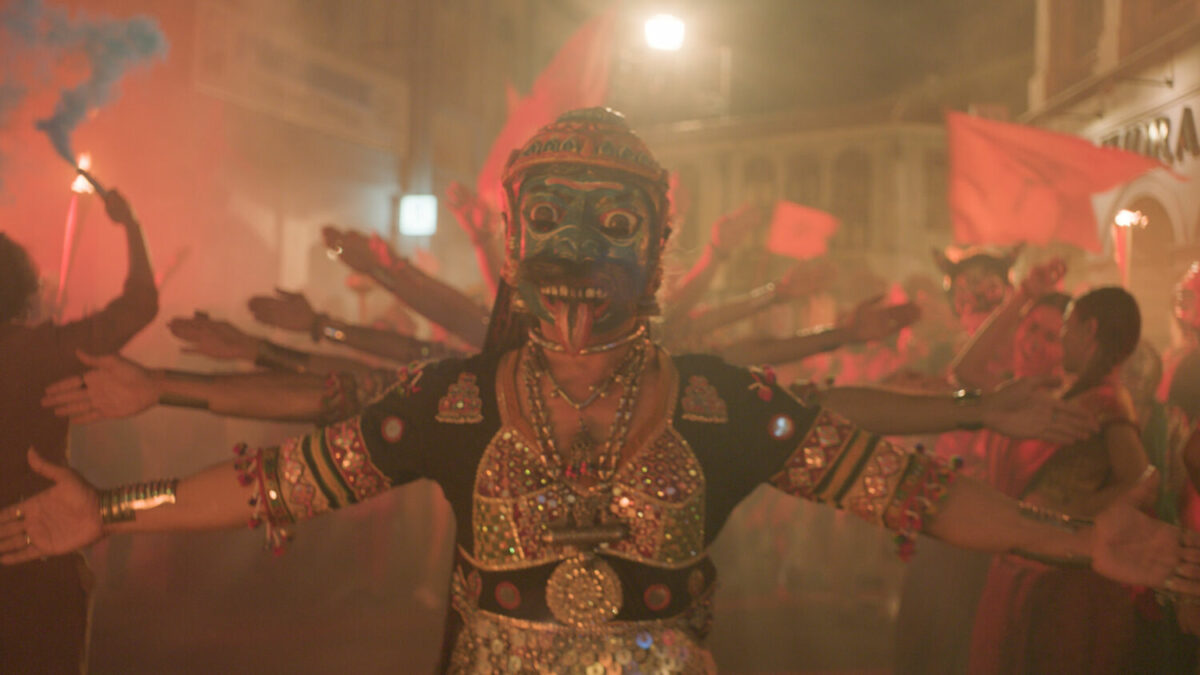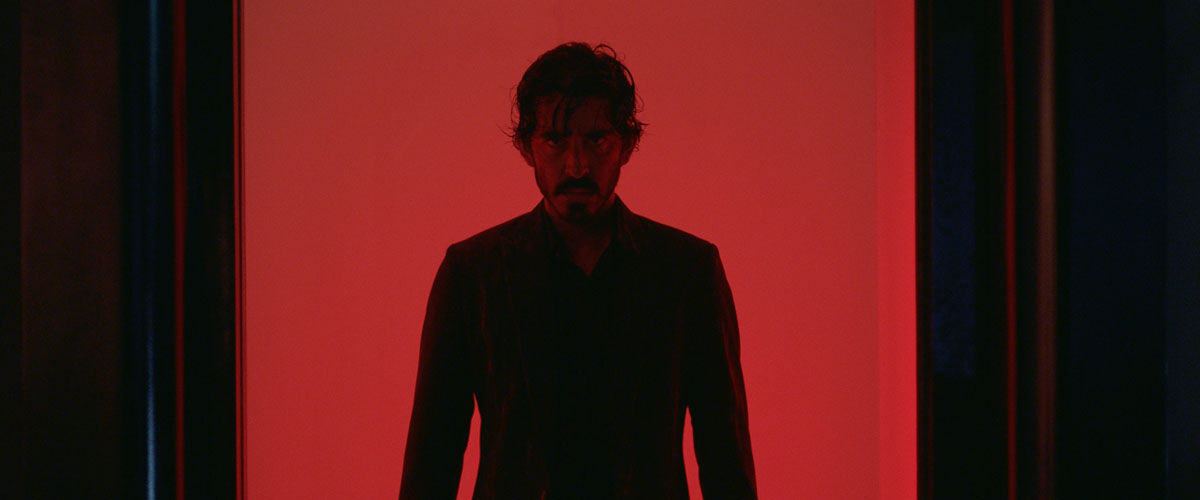At a time when Hollywood has a tendency to regurgitate movies based on successful genres, it’s easy to cast Monkey Man as another John Wick-styled movie, of a man fighting his bloody way to the end, but that would woefully ignore the social commentary that also drives the action.
Actor Dev Patel (Slumdog Millionaire, The Green Knight) makes his directorial debut with a film that would have been released on Netflix if not for actor/director Jordan Peele, who took the film for a theatrical release via his production company, MonkeyPaw productions.
Gracefully pieced together, Monkey Man’s penchant for violence and gore comes front and centre and the film does not hold back, serving up plenty of fight scenes and leaving a gory bloodbath in its wake, as if Patel knows that this is his one chance at bringing all the action movies he loved as a child, from Bruce Lee, Hong Kong action cinema and The Raid, into one passion project, and he was not going to waste it.

Leaning heavily into the legend of Hindu God Hanuman, a monkey deity who embodies strength and courage, Monkey Man finds its reluctant antihero in Kid (Patel), an arena fighter bent on enacting vengeance against those who destroyed his childhood and family. The fictional city of Yatana, with its glimmering high-rise skyscrapers and worn shanty towns, represents the best and worst cities in the world, where corrupt politicians and spiritual leaders jostle for power in this gritty dystopia that is reminiscent of Batman’s Gotham City, which is where Patel took inspiration from.
In the narrow shantytowns, its displaced people struggle to survive as the politicians raze down villages for progress, led by the corrupt police chief, Rana. From participating, and intentionally losing brutal fights nightly, Kid, donning a monkey mask inspired by Hanuman, gets beat down brutally and is worn out from it all, until he is presented with a chance encounter for revenge at the upscale King’s Club along with allies Alfonso (Pitobash), a gofer in the club, and Sita (Sobhita Dhulipala), who works as an escort

Patel’s portrayal of Kid is the heart of the film and Monkey Man is very much driven by its characters. Patel delivers Kid’s tortured inner conflict in a raw and vulnerable performance with breathing room for character development. As the film flashes back and forth between past and present, Kid’s motivation is revealed in flashbacks with his mother Neela, played by Adithi Kalkunte, who is given plenty of time to shine and drives the story forward, despite her relatively short presence.
Sobhita Dhulipala does her best with what little scenes she has as Sita, and while her character could use more development, she still manages to convey her character’s essence.

Monkey Man contends with many themes, including inequality, exploitation, and religion,
but the sheer scale of the story sacrifices a few of its characters. Kid gets the spotlight most of the time, which takes away from Sita doing much in the story, despite her eventual act of rebellion against pimp Queenie. Its minor characters feel more like plot devices than supporting roles, which is to be expected given its large cast and complicated elements, and something Patel can learn from, should he get another swing behind the camera.
While heavy on the Hindu mythicism, the film forces viewers to confront those hard truths against the history of the Ramayana, one of the two important epics of Hinduism known as the Itihasas. The politicians have forsaken religion, banishing its devotees to a far-flung temple, where Alpha, spiritual leader of the hijras, runs an isolated community, but a chance encounter with Kid changes their mind.

Yatana feels very much lived in, and its setting is not wasted. Every element of a scene serves a purpose, and it’s a treat to watch the inventive action scenes where its characters use their surroundings to their advantage, turning the environment against their enemies ala Jackie Chan, but with blood, not laughs. When Kid smashes an aquarium open to create unstable terrain, or slams an enemy’s head against a microwave, audiences can feel the undercurrent of violence that fuels the characters’ motivations, which then results in blood spattered across portraits of Maharajahs, and henchmen getting shot in the head in bloody elevators. If anything, it establishes thatpeace will never be a viable option in fighting the corruption spreading across Yatana.
The King’s Club is one of the film’s standout set pieces, and represents the rampant corruption in the city: as Kid ascends each floor, he gets closer to his answers until he reaches the top, with each level becoming more extravagant. The working class are relegated to the bottom, and the kings live in indulgence on the upper floors, which sees Kid go from dishwasher to revolutionary.
Despite having a solid start and a driven protagonist, the film struggles to come to a conclusion, leaving the fate of Yatana uncertain. The abrupt fade-to-black credits after Kid’s hollow victory without the aftermath of the conflict leaves audiences on a cliffhanger, and an unresolved conclusion. Despite some faults, Monkey Man is a story that needs to be told, and shines brightest in its character-defining moments amidst a chaotic plot.
GEEK REVIEW SCORE
Summary
Monkey Man spins a tale of revenge and mythos set in an unrelenting city in a desperate fight for survival.
Overall
7.8/10-
Story - 7/10
7/10
-
Direction - 9/10
9/10
-
Characterisation - 7/10
7/10
-
Geek Satisfaction - 8/10
8/10













